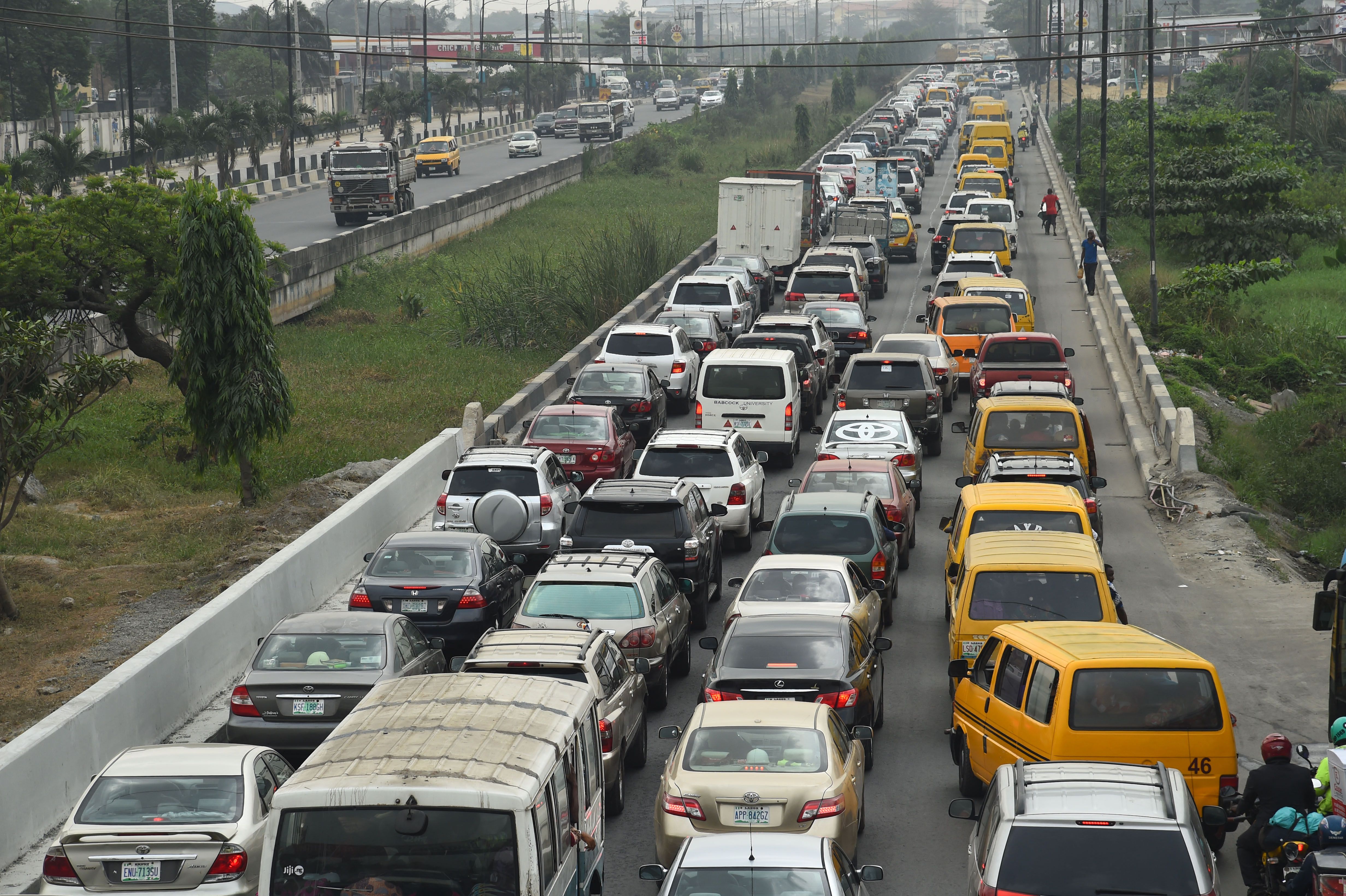Lagos State loses ₦1 trillion yearly to traffic gridlock

Lagos State Grapples with ₦1 Trillion Annual Loss Due to Traffic Gridlock Lagos, Nigeria - July 16, 2025 - The Lagos State Government has revealed that persistent traffic congestion is costing the state's economy an estimated ₦1 trillion annually. The revelation came during the Second Lagos Traffic Conference held on Tuesday, July 15th, where officials outlined plans for long-term reforms aimed at mitigating the crippling effects of gridlock.
The Special Adviser to Governor Babajide Sanwo-Olu on Transportation, Sola Giwa, highlighted the significant productivity drain caused by the daily commute, with individuals spending an average of six hours stuck in traffic. The conference, marking the 25th anniversary of the Lagos State Traffic Management Authority (LASTMA), brought together experts and stakeholders to address the city's complex mobility challenges.
20-Year Strategic Plan Unveiled to Tackle Traffic Woes A key outcome of the conference was the unveiling of a 20-Year Strategic Traffic Management Policy by LASTMA's General Manager, Olalekan Bakare-Oki. This long-term framework aims to overhaul the state's transportation system through infrastructure development, stricter enforcement of traffic laws, and the integration of smart mobility solutions. The plan signifies a commitment to creating a more efficient and sustainable transportation network for the future.
Expert Perspectives on Lagos Traffic Crisis "Lagos's traffic situation is a multifaceted problem requiring a holistic approach," explains Dr. Adetokunbo Ademola, a leading urban planning consultant based in Lagos. "Infrastructure development is crucial, but it must be coupled with effective traffic management strategies and a shift towards public transportation. The 20-year plan is a good start, but its success hinges on consistent implementation and adaptation to the city's evolving needs."
Echoing this sentiment, transportation economist, Professor Chioma Eze, notes, "The economic impact of traffic congestion extends beyond lost productivity. It affects businesses, increases operational costs, and contributes to environmental pollution. Addressing this issue is vital for Lagos to maintain its status as a commercial hub and attract investment."
Historical Context and Current Initiatives Lagos's traffic woes are not new. Rapid urbanization, population growth, and inadequate infrastructure have contributed to the problem over decades. Previous administrations have implemented various measures, including road expansions, bus rapid transit systems, and traffic management technologies. However, these efforts have often been outpaced by the city's growth.
The current administration, under Governor Sanwo-Olu, has prioritized transportation infrastructure, with ongoing projects such as the Red and Blue Line Rail projects and the expansion of road networks. LASTMA has also been 강화 to improve traffic enforcement and reduce gridlock. The 20-year strategic plan represents a long-term commitment to addressing the root causes of traffic congestion and building a more sustainable transportation system.
Conference Aims for Actionable Solutions The three-day Lagos Traffic Conference, themed “Enhancing Traffic Efficiency and Safety on Lagos Roads: Challenges, Opportunities, and Innovations,” seeks to generate actionable strategies for improving mobility in the state. Participants include transportation experts, urban planners, law enforcement officials, private sector representatives, and international partners. The conference underscores the importance of collaboration and innovation in tackling Lagos's complex transportation challenges.
Infrastructure upgrades and expansion Enhanced traffic law enforcement Integration of smart mobility solutions (e.g., intelligent traffic management systems, ride-sharing platforms) Promotion of public transportation (e.g., bus rapid transit, rail networks) Public awareness campaigns to encourage responsible driving habits
The Lagos State Government hopes that the conference will pave the way for a more efficient, safer, and economically vibrant Lagos, where commuters spend less time in traffic and more time being productive.
Originally sourced from: pulse Ng
